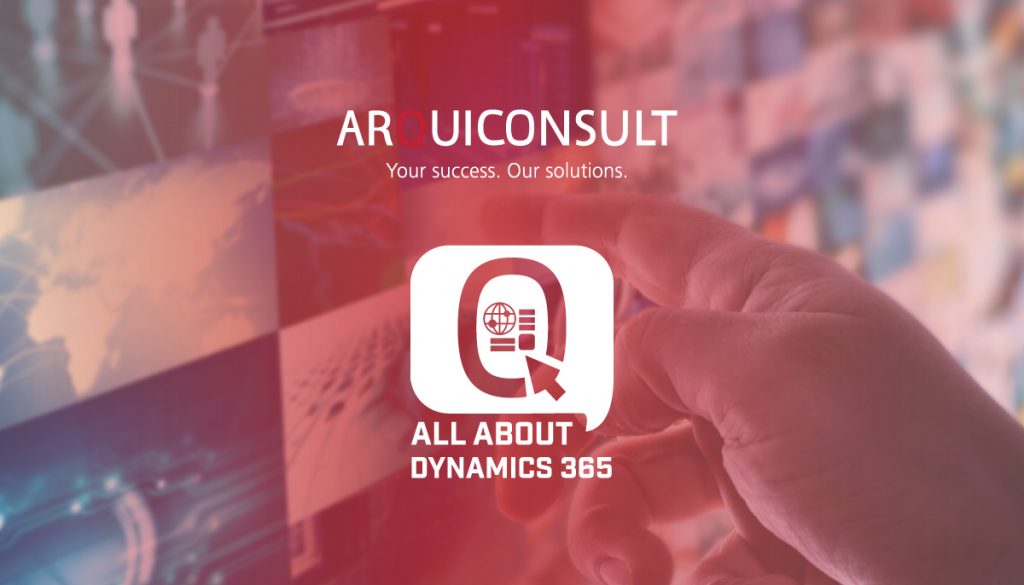HOW COMPLEX IS YOUR NEXT ERP IMPLEMENTATION OR CLOUD UPGRADE?
It is generally known that the proper implementation of new ERP or CRM software is not an easy task. More and more organizations realize that implementing software is so much more than just a technical exercise. Provided it is carried out properly, the project will include aspects like modernising business processes, putting the customer (more) first, inspiring and involving the employees, cleaning up the data and updating the way in which the organization views the market. Nevertheless, it is an interesting question which aspects determine the ultimate complexity of your next implementation or cloud migration. And how you can influence these factors. Here’s an overview.
In her ‘2023 Digital Transformation Report’, US-based consulting firm Third Stage Consulting Group describes her experiences with many hundreds of ERP implementations all over the globe during the last decade. The report states that implementation time and implementation cost are still the two most important metrics that CXO’s and project managers use to measure project success.
The firm examined dozens of behavioral and qualitative factors. That research shows that there are a number of specific factors that have a high correlation with implementation time and cost.
- FUNCTIONAL SCOPE – projects with broader scopes of functional areas experience higher durations and costs
- MAGNITUDE OF CHANGE – projects that made the biggest changes to their organizations experience the highest durations and costs
- COMPLEXITY OF OPERATIONS – implementations in organisations with more business units, operations in more countries and other complexities in their business models experience the highest durations and costs
- LEVEL OF ORGANIZATIONAL CHANGE SUPPORT – organisations that invest most in organizational change management experience lower duration and costs
- LEVEL OF SOFTWARE CUSTOMIZATION – projects with more customization experience higher durations and costs.
In today’s hectic and fast business world, no organisation can afford a complete or even a partial failure of their ERP implementation. So if you want to offer your organization the best chances of project success, it is wise to avoid complexity and to divide your project into phases during the preparation phase. Also to avoid customization and to ensure sufficient internal support for change management during the implementation and roll-out.
Want to know how we can help you in this process? Call today with <name of your contact person> to take the first step towards your project success.


